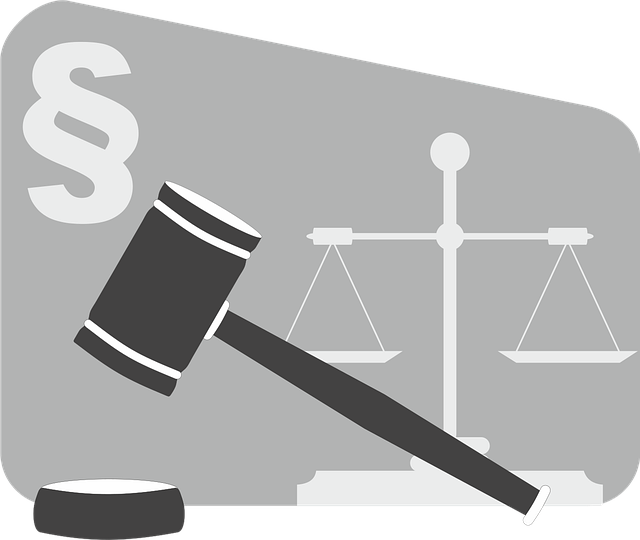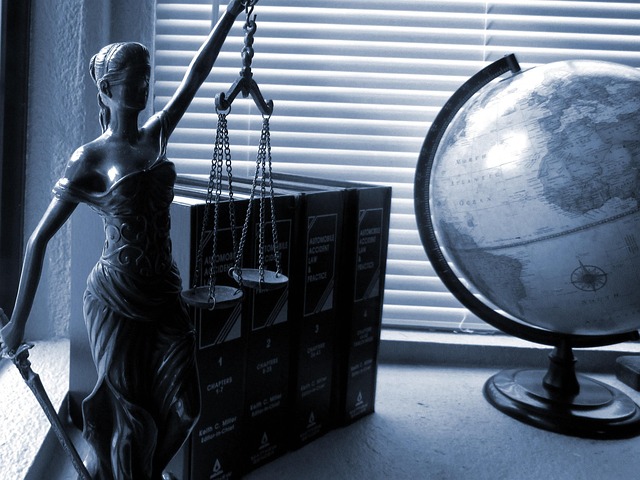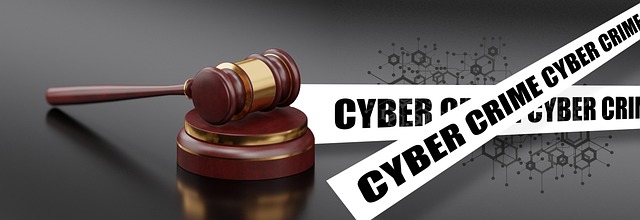In the digital era, uncovering digital trails is vital for environmental crime trials, especially complex white-collar cases. Advanced forensic tools help experts gather electronic evidence and analyze metadata from tech companies' antitrust litigation strategies, which are crucial in building strong cases against illegal operations. Despite these methods, legal loopholes and sophisticated corporate defenses create challenges, hindering justice and deterrence of environmental harm. Case studies demonstrate the balance between legal acumen and investigative rigor needed to expose environmental misconducts through tailored strategies, fostering accountability for ecological offenses.
Environmental crime, a growing global concern, demands innovative approaches to justice. This article explores the intricate world of environmental crime trials, focusing on digital evidence collection and its impact on prosecution. We delve into the legal loopholes that have hindered environmental protection and how these cases are being successfully argued using modern litigation strategies. By examining real-world case studies, we uncover effective tactics, offering insights for antitrust litigation involving tech companies, where digital trails play a pivotal role in shaping legal outcomes.
- Uncovering Digital Trails: Evidence Collection Methods
- Legal Loopholes and Their Impact on Environmental Protection
- Case Studies: Successful Environmental Crime Prosecutions
Uncovering Digital Trails: Evidence Collection Methods

In the digital age, uncovering digital trails has become a pivotal aspect of environmental crime trials, particularly in complex cases involving white-collar and economic crimes. As technology advances, so do the methods employed to commit illicit activities, making evidence collection more intricate yet crucial for achieving extraordinary results in jury trials. Antitrust litigation strategies for tech companies often hinge on the ability to trace digital footprints left behind by perpetrators.
Forensic experts now utilize advanced tools and techniques to gather electronic evidence, such as analyzing metadata, tracking online communications, and extracting data from devices. These methods have become indispensable in cases where traditional physical evidence is scarce or non-existent. By sifting through digital trails, investigators can build compelling cases, exposing the intricate networks of illegal operations and ensuring accountability in court.
Legal Loopholes and Their Impact on Environmental Protection

Legal loopholes often pose significant challenges to environmental protection efforts. In many jurisdictions, regulations aimed at holding polluters accountable fall short due to complex and evolving legal strategies employed by corporations, especially in cases involving white-collar and economic crimes. For his clients, tech companies have been known to leverage intricate antitrust litigation strategies, exploiting gaps in legislation to avoid indictment or substantial fines. These loopholes can delay or weaken environmental prosecution, allowing harmful activities to continue.
The impact of these legal tactics is profound, as they may discourage proactive compliance with environmental standards. Environmental crime trials are further complicated by the shifting nature of corporate defense mechanisms, which often involve complex financial structures and offshore entities. As a result, securing justice and ensuring deterrence becomes more difficult, potentially leading to long-term ecological damage.
Case Studies: Successful Environmental Crime Prosecutions

In the realm of environmental crime trials, successful prosecutions are a testament to the intricate balance between justice and complex legal strategies. Case studies reveal that navigating all stages of the investigative and enforcement process is a meticulous art, particularly when dealing with white collar and economic crimes. From initial detection to securing winning challenging defense verdicts, prosecutors employ innovative tactics. For instance, antitrust litigation strategies for tech companies have been instrumental in uncovering environmental misconducts, demonstrating that legal approaches can adapt to address modern-day ecological challenges.
These successful environmental crime prosecutions not only highlight the effectiveness of tailored investigative methods but also underscore the importance of robust legal frameworks. By drawing on lessons from previous cases, prosecutors can devise comprehensive strategies to tackle environmental violations, ensuring that justice is served and deterring future offenses. This approach fosters a culture of accountability, especially in the context of white collar crimes, where intricate schemes often require meticulous unraveling.
Environmental crime trials are a critical component in holding perpetrators accountable and upholding ecological integrity. By utilizing modern evidence collection methods, such as uncovering digital trails, and addressing legal loopholes, the justice system can successfully prosecute environmental offenses. Case studies demonstrate the impact of targeted antitrust litigation strategies for tech companies involved in ecocrimes, fostering a culture of environmental responsibility. These collective efforts not only serve as a testament to the power of legal actions but also revolutionize how we navigate and protect our natural world.






